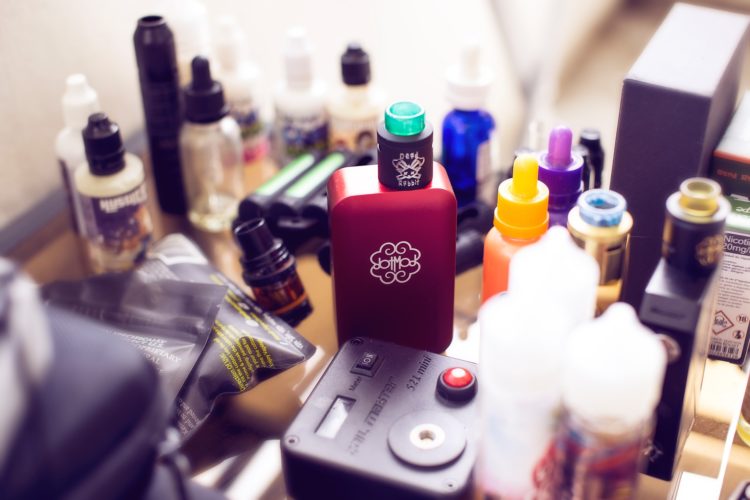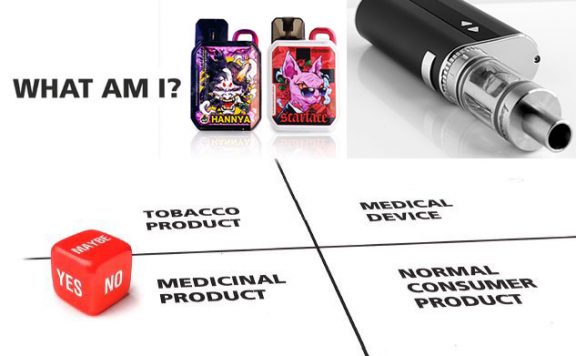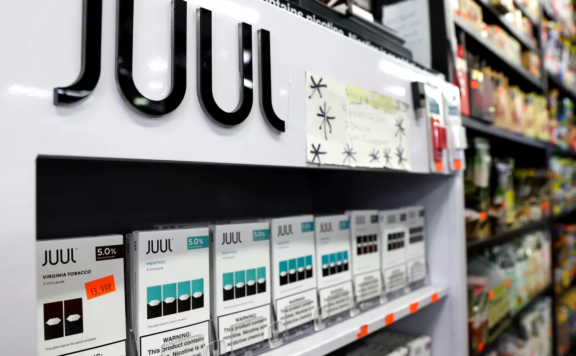The Food and Drug Administration dismissed a manufacturer’s request to sell menthol-flavored vapes on Wednesday, citing an absence of health benefits to the public and a possible threat to youthful vapers.
According to the FDA, Logic Technology Development failed to demonstrate that its menthol goods have a higher potential than non-flavored products to help individuals cease or reduce smoking. The agency banned the company’s promotion of Logic Power and Logic Pro menthol e-liquid products due to the possibility of luring teenage smokers who favor menthol vapes.
“In this instance, the applicant failed to offer adequate scientific data to demonstrate that the possible benefit to adult vapers surpasses the hazards to adolescents,” said Brian King, head of the FDA’s Center for Tobacco Products.
The FDA banned flavored cartridges used in nicotine-delivery vape pens in 2020, although menthol goods were still permitted. Due to the FDA’s restriction on nicotine flavors, minor consumers increasingly shifted to menthol vaporizers or synthetic tobacco products. Synthetic tobacco products are frequently disposable and marketed in flavors popular among underage vapers.
According to the 2022 National Youth Tobacco Survey, 14.1percent of high schoolers and 3.3 percent of middle schoolers vaped at least once in the previous 30 days. Approximately 85 percent of teenage smokers consumed flavored e-cigarettes, while about 27 percent preferred menthol-flavored e-cigarettes.
According to Matthew Myers, president of the Campaign for Tobacco-Free Kids, the FDA’s move to dismiss one manufacturer’s application to distribute menthol-flavored vapes is an essential step toward closing a “major loophole” that allows menthol products on the market.
However, he encouraged the FDA to withdraw synthetic vapes and menthol-flavored produced by other manufacturers from the market.
“If the FDA pursues this judgment by ultimately purging the market of flavored, disposable, and synthetic nicotine e-cigarettes,” Myers added, “it will take its most major step in lowering youth e-cigarette usage to date.”
The American Society of Clinical Oncology and the American Association for Cancer Research jointly advocated for a moratorium across all flavored e-cigarettes and vaping devices on Wednesday. The declaration, which was published in the medical journals Journal of Clinical Oncology and the medical Clinical Cancer Research, emphasized the necessity of “immediate action to halt the tobacco sector’s predatory activities and defend public health.”
Long-term health concerns, according to the organizations, will remain unclear until additional research is conducted.
Whereas vape pens release fewer toxins than cigarettes, the organizations claim that preliminary data ties vaping gadgets to “DNA damage and inflammation, both of which are significant steps in cancer development.”
According to the organizations, tobacco can lead to addiction, weaken the immune system, and increase blood pressure.
Also, the organizations indicated that research suggests that an adolescent who vapes is 2.9 to 4 times more likely to smoke than those who don’t vape.
“The prevalence of (vaping) among teenagers and those who do not smoke is a major public health hazard that risks reversing decades of advancement against tobacco usage,” AACR President Lisa Coussens said in a statement.






